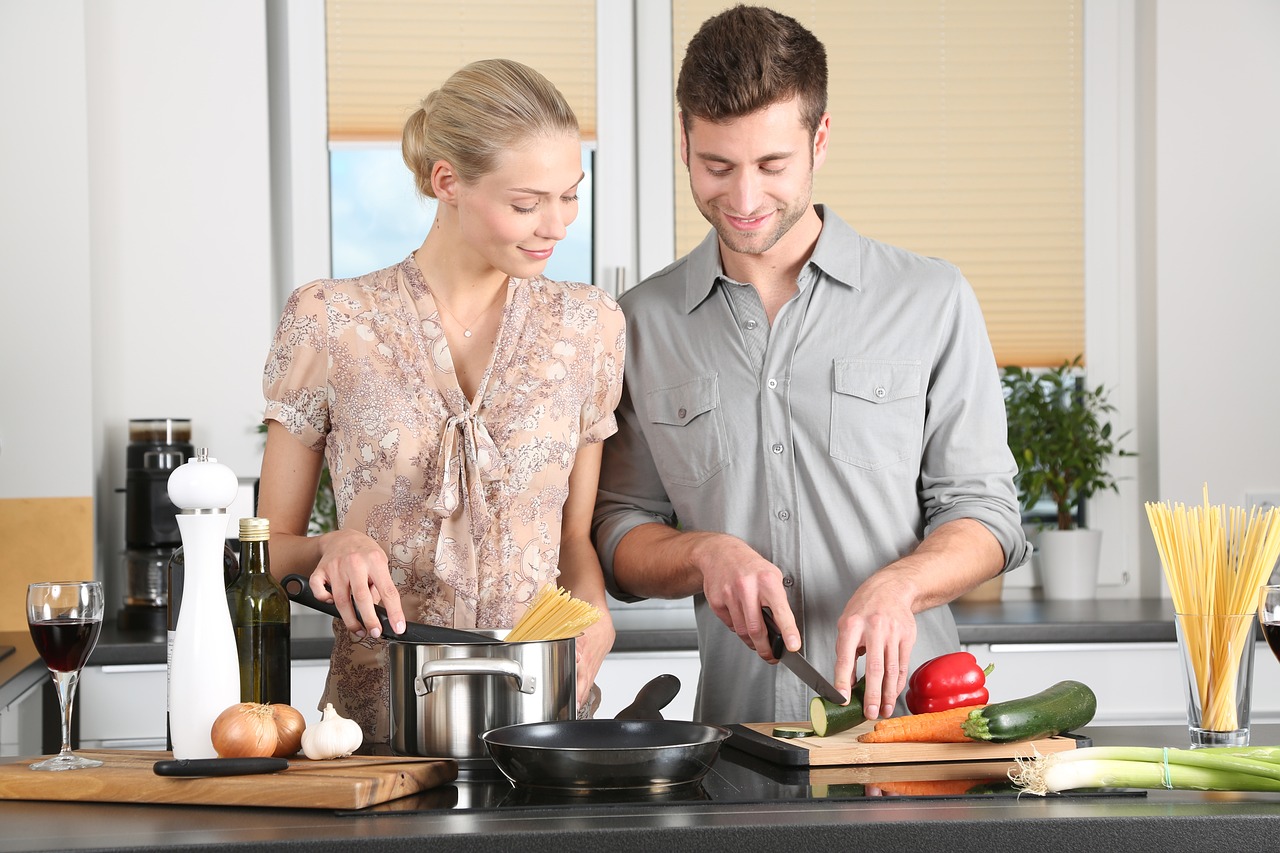Food lovers understand that there is an art to cooking. Cooking is a skill that everyone possesses, but not everyone can master it. For example, click here to learn 5 tips on cooking steak in oven. There is a reason why the food we eat at home tastes so different from the meals we consume at restaurants. We all know that we cannot all be great chefs, but there are certain methods that we can incorporate into our regular cooking to improve the taste and quality of food.
We all enjoy getting kitchen tips, those small tricks that will help us become better cooks. However, it is sometimes the things we should cease doing that are important. You probably weren’t even aware you were committing these mistakes regarding cooking. You can also hear famous motivational speakers to learn cooking.
The three tactics listed below will help you become a better cook and create more delectable cuisine.
Don’t always utilise a high flame when cooking.
Cooking at a high flame may be the quickest method, but it isn’t. It will not only burn the outside of your cuisine but also leave the inside of your contents uncooked or undercooked. However, certain foods are cooked over a high flame, especially if flash frying is involved, so read the recipe instructions carefully.
Cooking or storing acidic foods in reactive pans is not recommended.
Aluminium is commonly used in cookware because it conducts heat well. However, it is not beneficial for your meals. How was it going to get there? Cooking or storing acidic foods in reactive pans like aluminium and cast iron can eat away at the metal and add an odd colour and/or flavour to your dish. When cooking with acidic foods like lemon juice or tomatoes, use a nonreactive pan (stainless steel, enamel-coated, or glass) to avoid the food from reacting with the pan.
You should avoid overfilling the pan and excessively stirring the food.
Cooking demands some patience at times – learn more. Filling your pan to the top with ingredients may be faster, but it might slow cooking and result in a big mound of mush at the end. Filling your skillet too full when sautéing can cause your food to steam and not produce the crispy results you desire. The same is true when preparing beef. Too much meat in the pan causes the temperature to drop too quickly, causing sticking and a slew of other issues. Cooking in batches is your best bet. The extra effort you put in will significantly improve the quality of your meal.
Avoiding the temptation to overstir is another technique to guarantee your food is appropriately crispy. It’s tempting to keep your meal from burning, but too much stirring might be harmful. It prevents browning, a flavour enhancer obtained by leaving your food on a hot surface, and it breaks food apart, making your meal mushy. Unless the recipe clearly states otherwise, resist the desire to constantly whisk.

